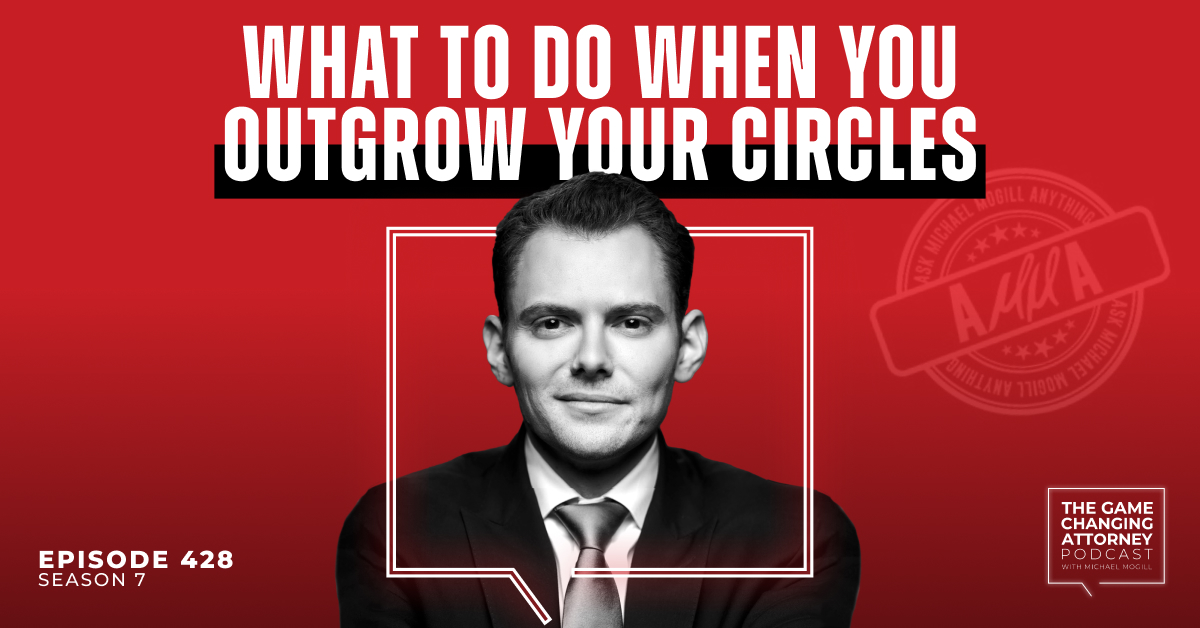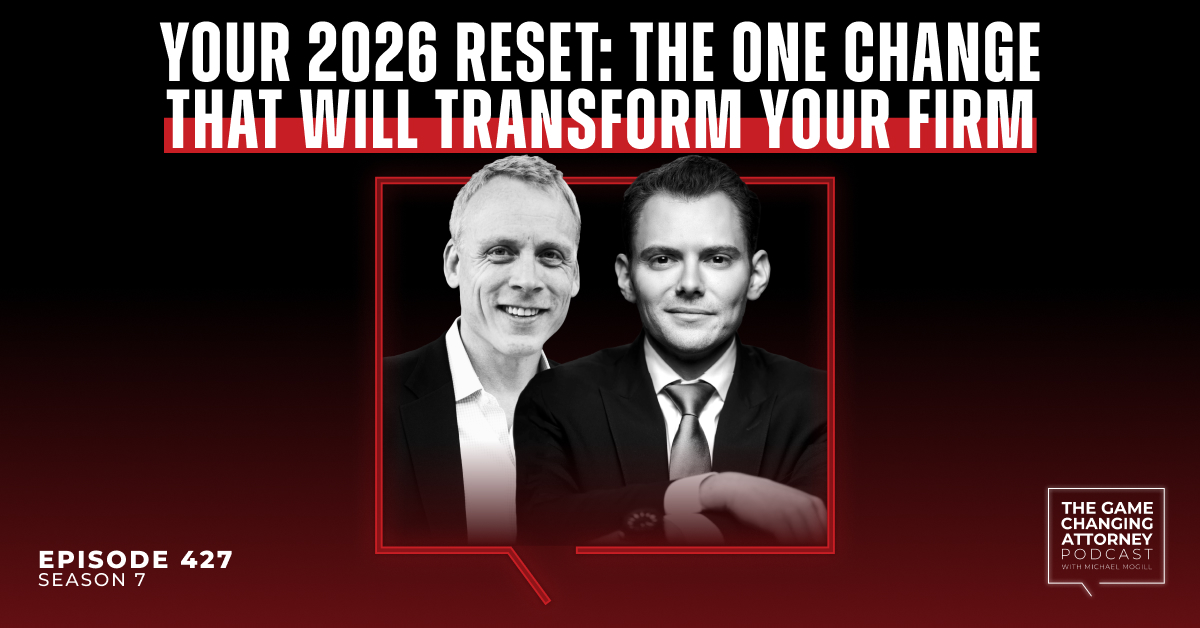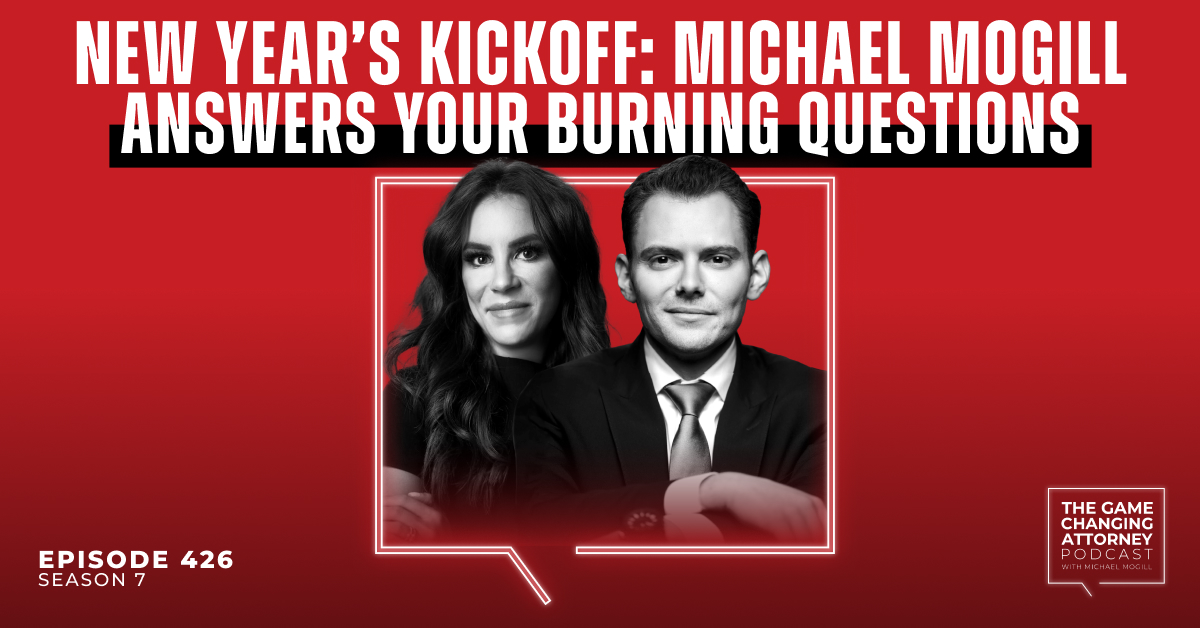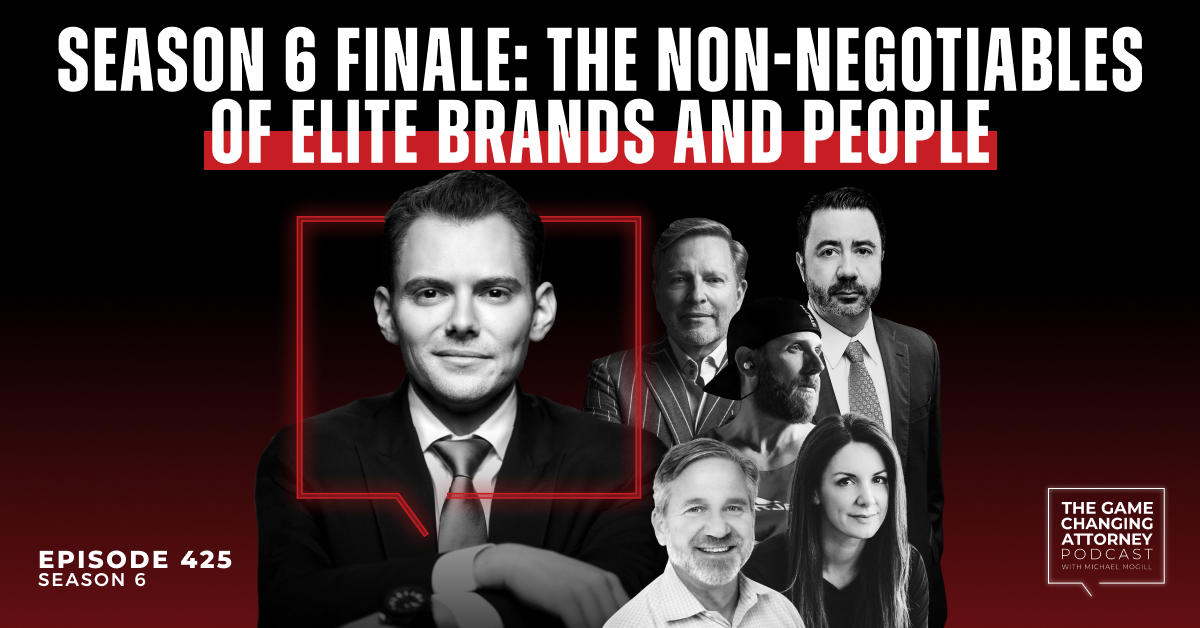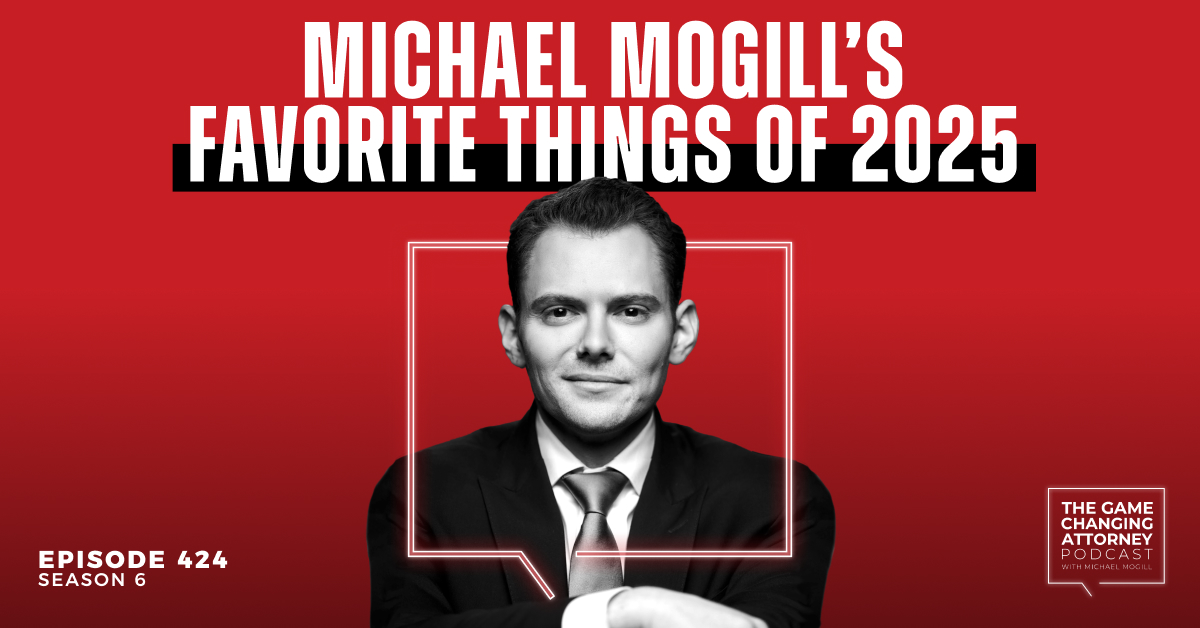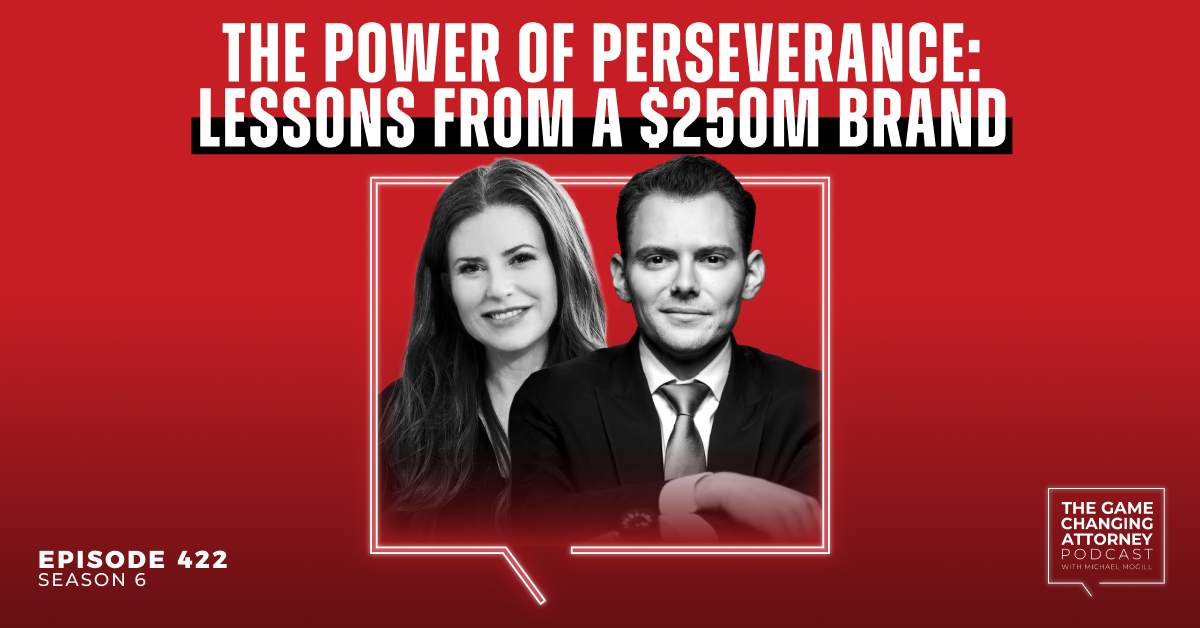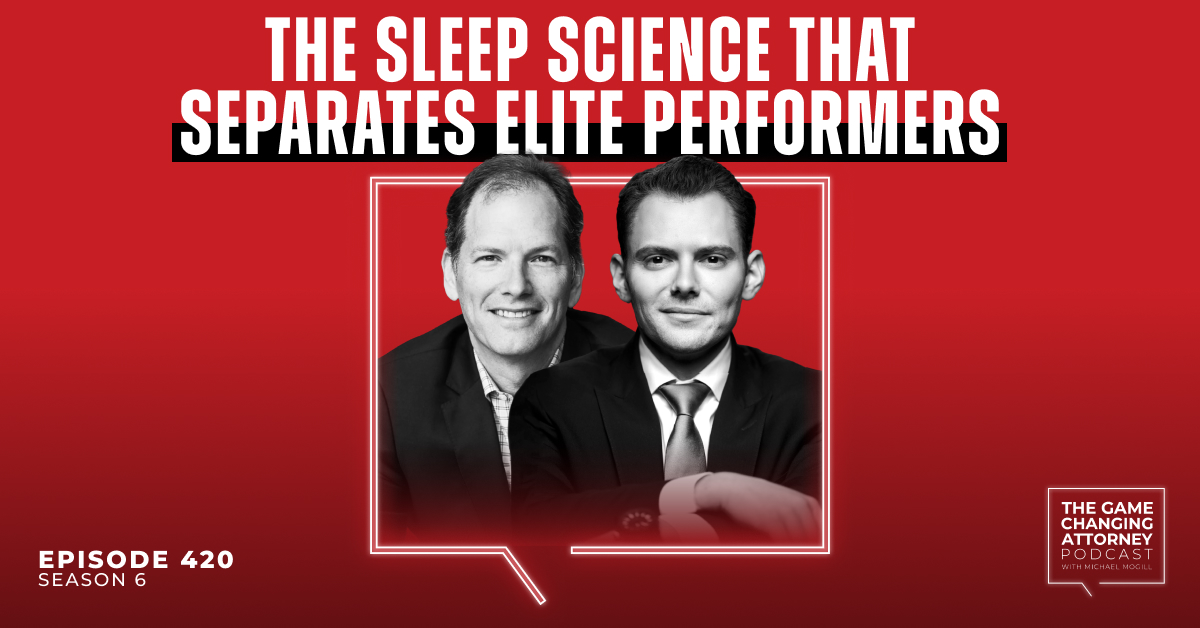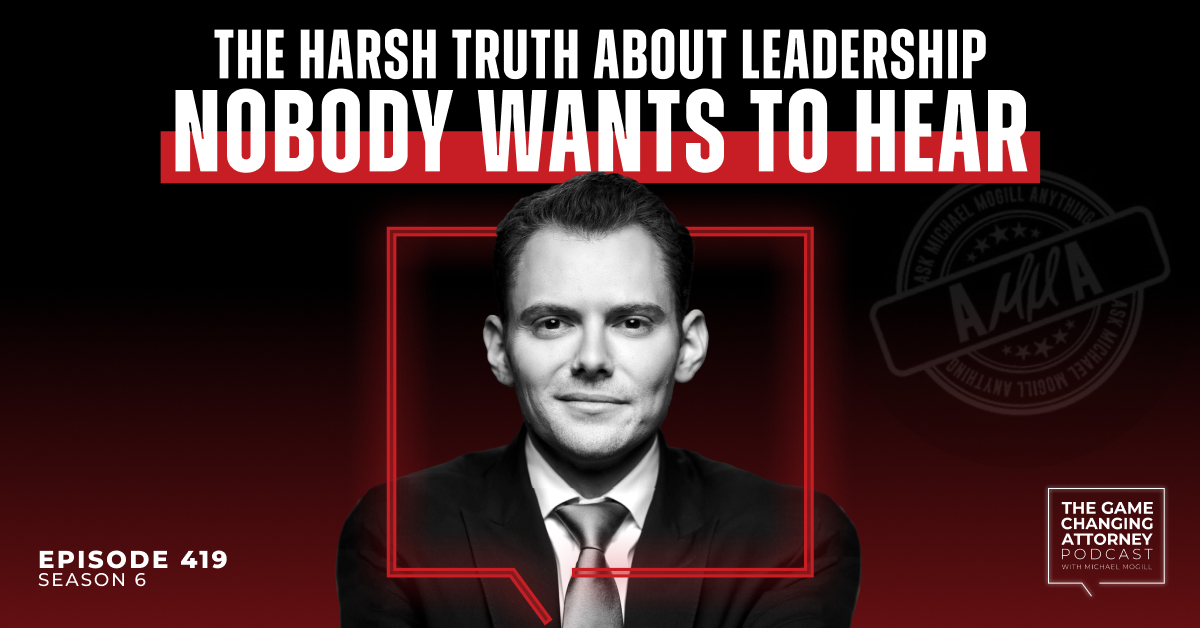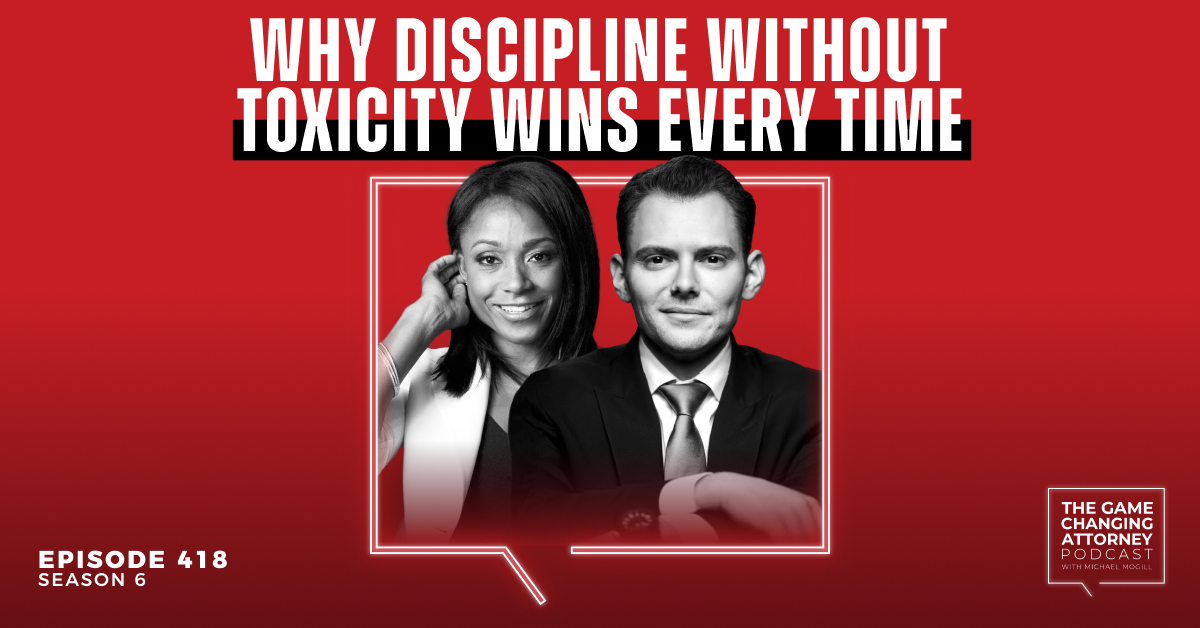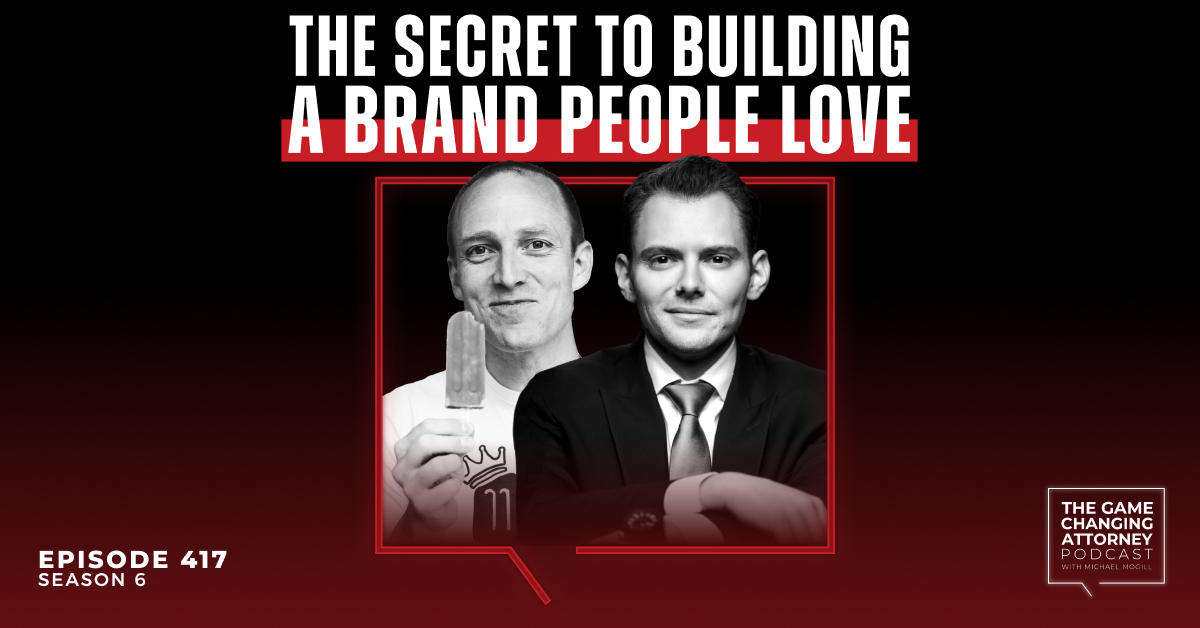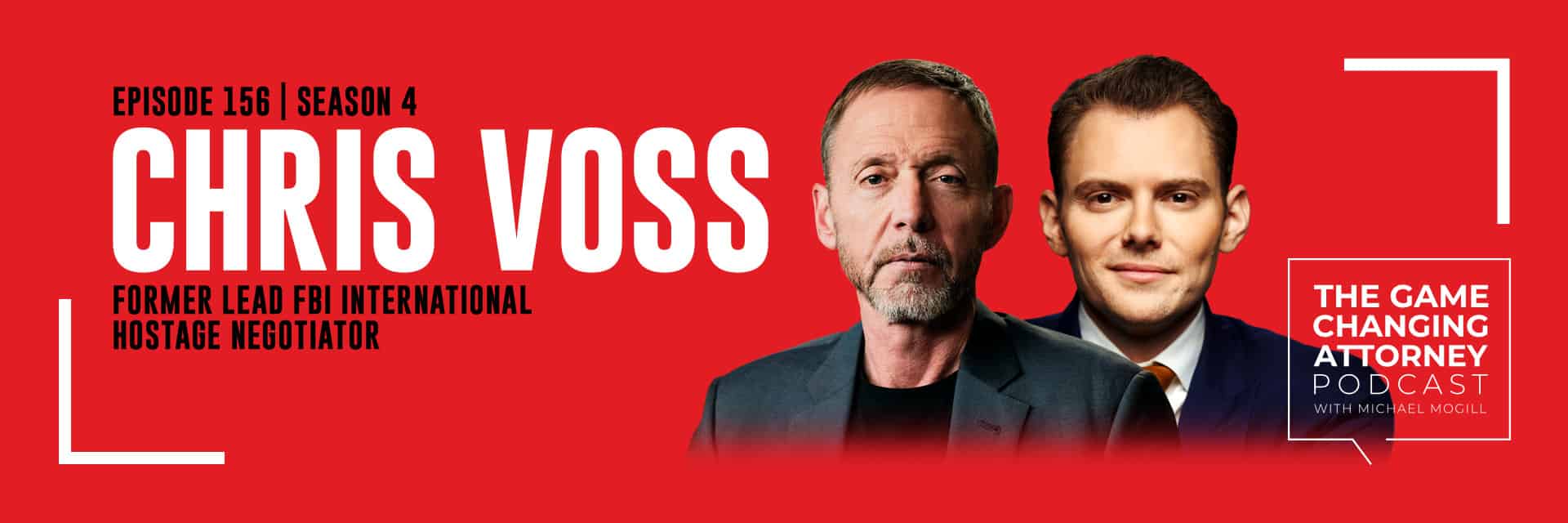
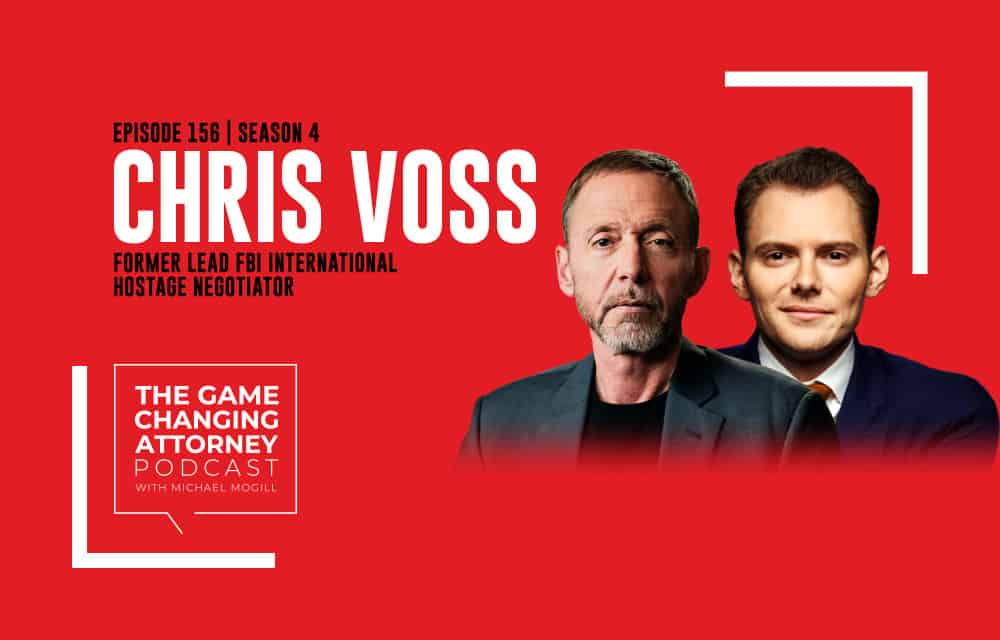
Episode 156 — Chris Voss — FBI Negotiation Tactics for Business and Life
Chris Voss, current CEO of The Black Swan Group and former Lead International Hostage Negotiator for the FBI, has had a thrilling career. Starting as a beat cop in New York City, he eventually transitioned into the world of hostage negotiations, driven by his relentless desire to learn and his profound understanding of human nature.
On this episode of The Game Changing Attorney Podcast, Chris delves into the connection between negotiation strategies and cognitive comprehension. He sheds light on his theory of tactical empathy and its manifestation in our scientific understanding of the workings of the human brain.
Notable insights from this discussion with Crisp Founder & CEO Michael Mogill include:
- How FBI hostage negotiation techniques enhance your leadership abilities
- Why emotional intelligence and tactical empathy are the most powerful tools for successful negotiations
- What is the “Oprah rule,” and why you should embrace it as a guiding principle in life
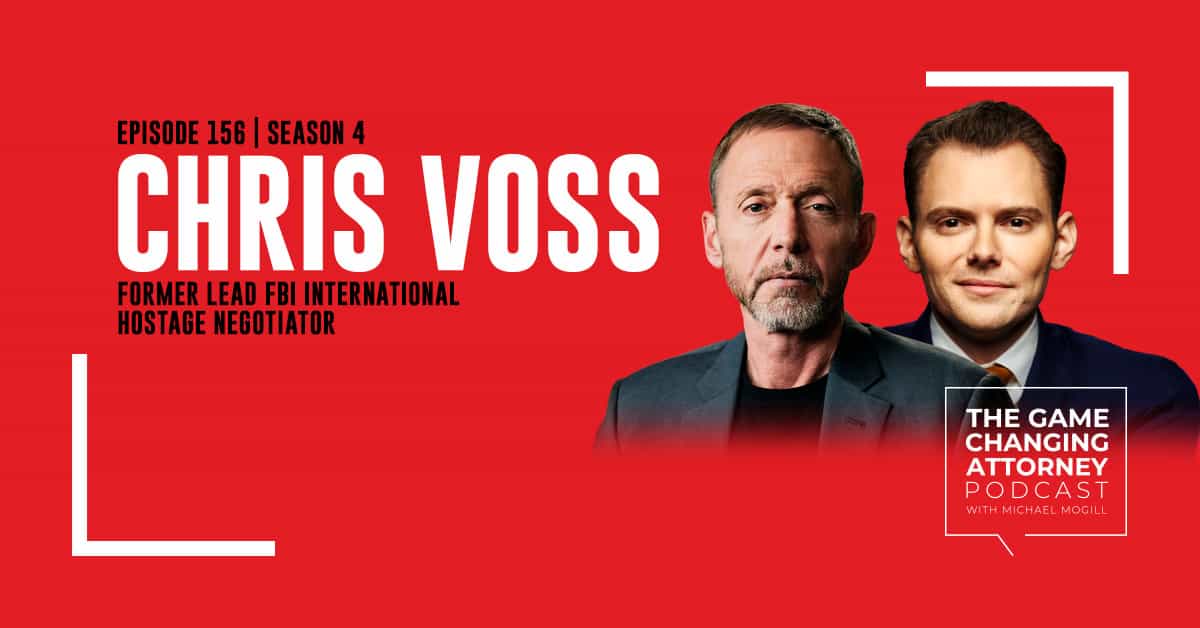
Listen & Subscribe
Show Notes:
Two key traits of a good negotiator. “If you’re open to learning — you know, openness is a characteristic that you can actually test for in professional sports. They call it coachability. There’s something out there called the ‘Five Factor Inventory.’ One of those factors is openness or coachability. So if you’re open to learning or you work hard or both. I think of myself as somebody who works hard and who’s really open to learning. There are some people who are less open to learning, but they work so darn hard. they’re going to overcome that just by sheer force of will. Those are the two principal characteristics for getting good at this.”
A lesson to learn. “What I really learned in that though was the negotiator that was the counterpart, he negotiated with us in good faith and his team wasn’t aligned behind him. Our philosophy is that there’s always a team on the other side. You can genuinely read that your counterpart is being honest with you — because as far as your counterpart knows, he or she really is. If you haven’t taken into account the team behind them and find a way to involve them, then your counterpart is going to have the limb sawed off behind him. It happened to us in the Philippines, and I was caught off guard because we assessed our counterpart as having legitimately made a deal. And our counterpart, when his side failed to back him up, he was actually genuinely humiliated. That taught me to take into account the team on the other side and how we adjust accordingly.”
The mindset of discovery. “The mindset of discovery is actually a hack for you. It’s basically a positive frame of mind, and it’s curious, and you can actually take in more information. You see things faster when you’re in that mindset. You pull in more data. Your pattern recognition increases. All the things that go to higher mental performance. So first of all, if you have a mindset of discovery you’re going to be smarter — probably at least 31% smarter, which is enough of an edge that if you’re interested in edges, you’re going to want it.”
Understanding empathy. “I would try to put a little bit more of a spin on empathy, take it away from how to become used. I mean in society today, empathy is sympathy; empathy is agreement; empathy is compassion — and if that’s required, then it really limits who you can apply it with. Empathy was never meant that way. It was meant as understanding. So tactical is on top of everything that we’ve learned about empathy, which is just genuinely understanding, not agreeing. We know how the brain works. We get neuroscience. In the last five to seven years, we put people in an MRI as we watch the electricity move around in their brain. We watch how they respond to very specific emotional stimulations or what makes those emotional stimulations dissipate. So, if we have actual neuroscience rules, why don’t we tactically apply them? And that’s the idea of tactical empathy: understanding combined with neuroscience for effective communication.”
Use your powers for good. “It’s a tool. One person’s influence is another person’s manipulation. I get asked, ‘Isn’t what you’re doing manipulative?” I’ll take out my phone and I’ll say, ‘You got one of these?’ and they’ll say, ‘Well yeah.’ ‘You know there’s some really bad people using these for really evil things. So doesn’t that mean you should give up your phone?’ ‘Well now, I don’t use it for evil things.’ But that’s exactly the point. You know tactical empathy is extraordinarily influential. What are you using it for? If you’re using it for bad things, ultimately it’s going to catch up to you, and your relationships are going to go away, and then you can’t be trusted. Use your powers for good and not evil and you’re going to find yourself surrounded with phenomenal people.”
Neural resonance. “Neural imaging and neuroscience has shown us that the best and most effective way to deal with that negative part of our brain really is as simple as calling it out, not denying it. You don’t get rid of the elephant in the room by denying that the elephant is there or trying to say, ‘Don’t look at the elephant.’ You say, ‘Hey, you know there’s an elephant in the room,’ and that begins to diminish it, if not make it go away entirely. That’s what we’re talking about when we’re trying to get people to resonate with one another: understanding how we’re wired and how the electricity actually runs through our brain.”
How to deliver bad news. “You just say, ‘I got bad news.’ Wait about a second, and you deliver the news. Never let somebody get blindsided by bad news. They need about a second to prepare themselves, no matter how bad the news is. If you wait longer than a second, now they really start to spin down. You don’t go, ‘You’re not going to like this. Are you sitting down?’ — all that nonsense. People are remarkably resilient if you give them a second to brace themselves. So that’s the way you deliver bad news.”
What does being a game changer mean to you? “Having a positive impact on people. We’re going to do better, the more we have a positive impact on other people. I’m sure it’s going to sound corny, but we love doing business with people who are doing the right thing — you know, moving the world forward in a positive way. I’m ridiculously optimistic because there are so many businesspeople out there that are actually making the world a better place, and they’re actually making a lot of money at the same time. There’s no problem with that. They need to make money in order to have more of an impact on more people, and also to demonstrate that what they’re doing is profitable. You know, you set a great example. So to me, being a game changer is being involved with people who are game changers.”
EPISODE RESOURCES
Never Split the Difference: Negotiating As if Your Life Depended on It by Chris Voss
The Black Swan: The Impact of the Highly Improbable by Nassim Nicholas Talleb
Inception (movie)
The Emotionally Intelligent Leader by Daniel Goleman
Influence: The Psychology of Persuasion by Robert Cialdini
Getting to Yes by Roger Fisher and William Ury
The Talent Code by Daniel Coyle
Connect with Michael
- Text directly at 404-531-7691
